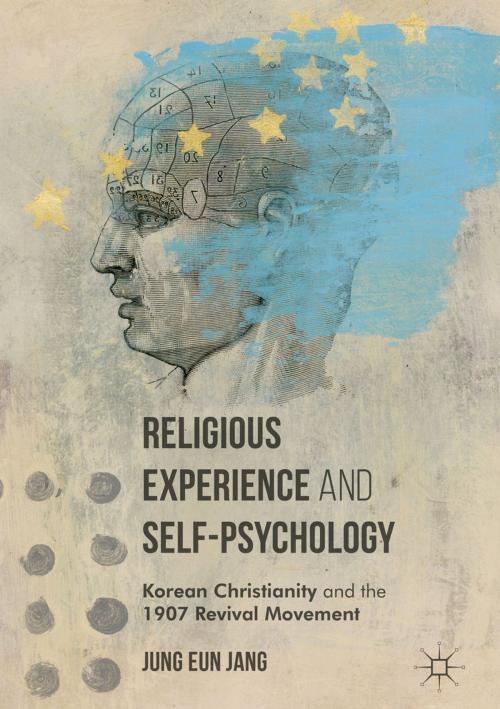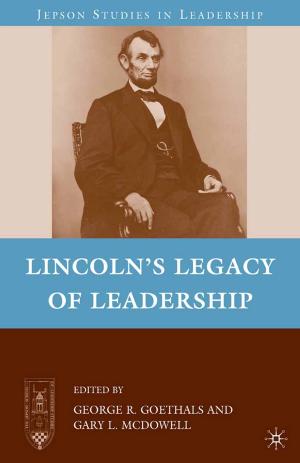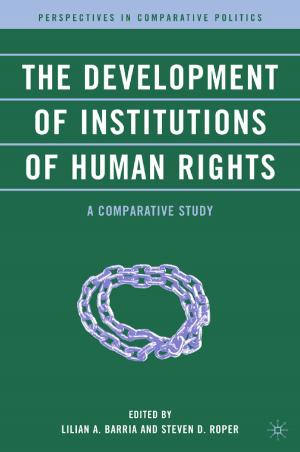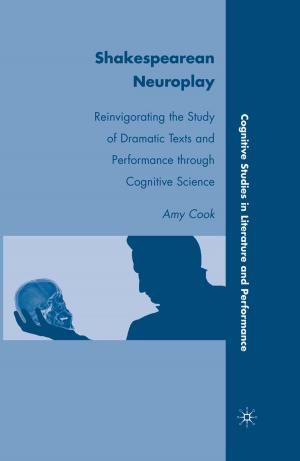Religious Experience and Self-Psychology
Korean Christianity and the 1907 Revival Movement
Nonfiction, Religion & Spirituality, Reference, Psychology of Religion, Health & Well Being, Psychology, Personality| Author: | Jung Eun Jang | ISBN: | 9781349950416 |
| Publisher: | Palgrave Macmillan US | Publication: | November 9, 2016 |
| Imprint: | Palgrave Macmillan | Language: | English |
| Author: | Jung Eun Jang |
| ISBN: | 9781349950416 |
| Publisher: | Palgrave Macmillan US |
| Publication: | November 9, 2016 |
| Imprint: | Palgrave Macmillan |
| Language: | English |
This book explores the 1907 Korean Revival Movement from a self psychological perspective. The examination of the psychological processes in the movement based on Heinz Kohut's self psychology can shed light on religious experiences as selfobject experiences by identifying the sense of defeatedness and helplessness that Korean people experienced under Japanese occupation as what Kohut calls self-fragmentation of the Korean group self and explaining its therapeutic functions which facilitate potential for the narcissistic nourishment of the fragmented group self leading to renewed self-esteem, transformation, and empowerment of the Korean people. Korean people in the early 1900s experienced abuses and oppression by corrupt officials and exploitation by Japanese government. Through religious experiences which emphasized the individual repentance, the experience of God through the spirit, emphasis on prayer, and eschatological faith, the Korean Revival Movement in 1907 enabled its followers to experience mirroring and idealizing selfobjects which function as a role of transforming the lower shape of narcissism into the higher one.
This book explores the 1907 Korean Revival Movement from a self psychological perspective. The examination of the psychological processes in the movement based on Heinz Kohut's self psychology can shed light on religious experiences as selfobject experiences by identifying the sense of defeatedness and helplessness that Korean people experienced under Japanese occupation as what Kohut calls self-fragmentation of the Korean group self and explaining its therapeutic functions which facilitate potential for the narcissistic nourishment of the fragmented group self leading to renewed self-esteem, transformation, and empowerment of the Korean people. Korean people in the early 1900s experienced abuses and oppression by corrupt officials and exploitation by Japanese government. Through religious experiences which emphasized the individual repentance, the experience of God through the spirit, emphasis on prayer, and eschatological faith, the Korean Revival Movement in 1907 enabled its followers to experience mirroring and idealizing selfobjects which function as a role of transforming the lower shape of narcissism into the higher one.















